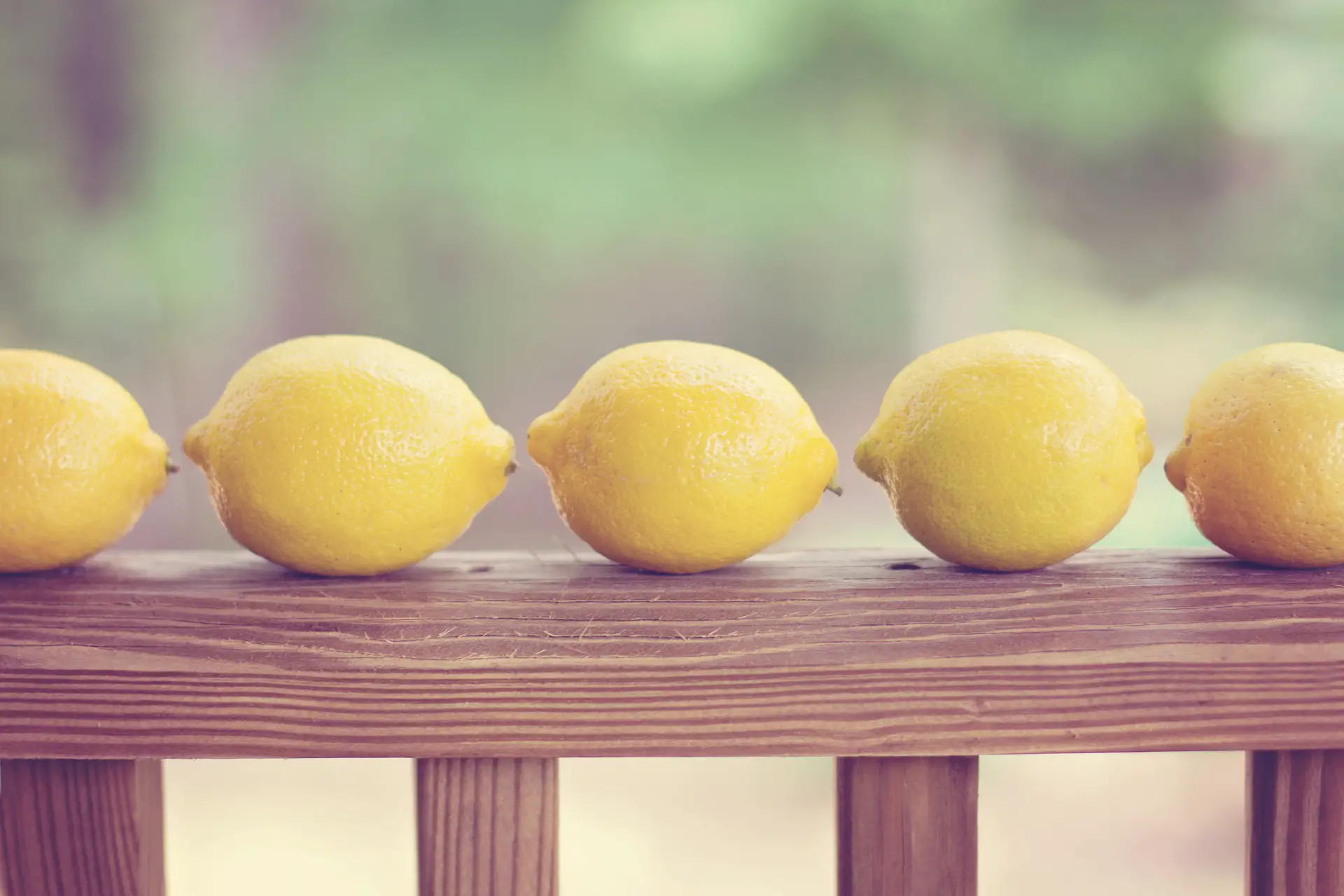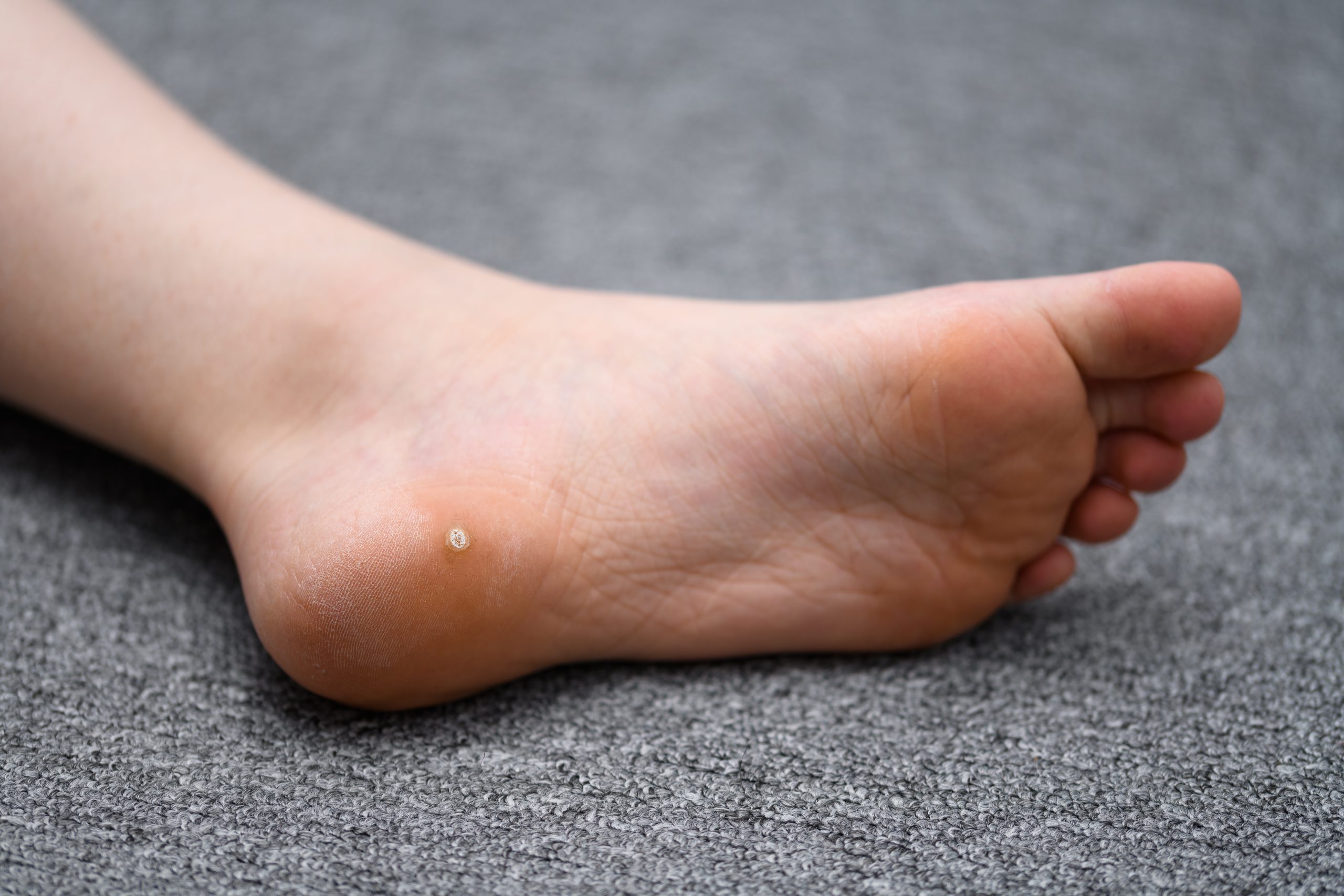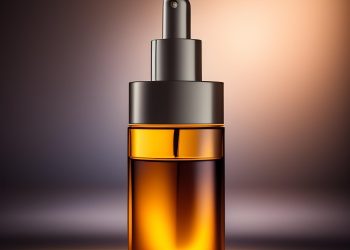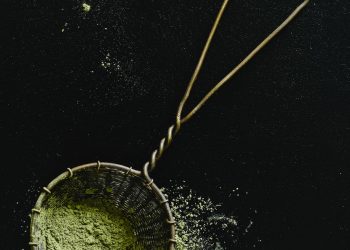Acne or acne vulgaris is an embarrassing skin condition that teenagers complaint about around the world.
As per American Academy of Dermatology, about 50 million individuals in the U.S. suffer from acne annually. (1)
However, acne isn’t only a curse for the adolescents. People of any age group and sex may experience acne outbreak.

Acne begins in plugged pores. That means the oily secretions of your oil glands clog the hair follicles or pores. The clogs may form a blackhead or a whitehead on your skin. Both of these may result in inflamed acne. (2)
You get acne on your face, neck, shoulders, upper arms, chest, and back.
The skin care industry is continually coming up with new products to help you beat unsightly acne.
However, these chemically enhanced creams and lotions can only give a temporary solution to the problem.
A popular natural remedy for acne is using lemon. It is more cost-effective and gives a lasting solution to this embarrassing skin condition.
In this article, you’ll learn all the pros and cons of using lemon juice for acne treatment.
How Effective is Lemon Juice for Treating Acne?
Lemon juice is a miracle cure for acne because it has some potent acne-fighting properties. It is a very cost-effective and efficient way to deal with your acne problem. Below you’ll learn why lemon is an ideal remedy for acne.
Reduces oil: Lemon is a citrus fruit. Its juice is acidic. Scientists have confirmed that the nobiletin and astringents in lime can cut down on excess sebum or oil production on skins oil glands. (3)
Kills bacteria: There is a whole range of antibacterial properties in lemon such as vitamin P, phytoncides, and L-ascorbic acid. These can effectively balance the pH or acidic level of your skin. Thus, the acne causing bacteria has a hard time to grow and reproduce in your skin. (4)
Cost-effective: it’s evident that lemon is a more economical remedy for acne than other skin products.
Reduces redness: Redness of skin is a universal sign of an acne outbreak.The astringent and antiseptic compounds of lemon can lower the redness of your skin.
8 Simple Ways to Cure Acne Using Lemon Juice
For good looks, there’s no alternative to a clean and smooth skin. Acne can play havoc with your skin and leave you with embarrassment and pain.
This article is your ultimate guide to a flawless and acne-free skin. There are various ways of using lemon for treating an acne outbreak.
These home remedies are more economical and more accessible to perform than the branded skin care products in stores.
Keep reading the article and apply any of the methods that are convenient for you.
1. Lemon Juice
A topical application of lemon juice can clean your skin of all the dirt, bacteria and oily substance.
Directions:
- Wash your face using clean soap and warm water. Then dry out the face thoroughly.
- Squeeze out the juice of a lemon.
- Dip a cotton ball in the juice and apply it on the acne affected areas.
- Let the lemon juice work on the acne-bacteria overnight.
- In the morning wash off your skin using cool water.
- Dry off the skin patting a soft towel.
- You can repeat the process daily for several weeks.
Note: You can dilute lemon juice with water if you have sensitive skin. Lemon is acidic. So, avoid this method if you have open sores.
Lemon juice is photosensitive and attracts sunburn. So keep away from the sun with lemon juice on your skin. (5)
2. Lemon Juice with Yogurt

If you have sensitive skin, you may go for this method. Lemon juice and yogurt mask can bring ease to the skin inflammation and heal acne.
The probiotics compounds in yogurt are anti-inflammatory. Together with lemon’s alpha hydroxyl acids and vitamin C; a lemon and yogurt mask is an ideal remedy for your acne. (6)
Directions:
- Wash and moisturize your skin well.
- Add 2 tablespoon of lemon juice to 1 tablespoon of yogurt and mix them well.
- Dab a cotton ball on the mixture and apply to the affected areas.
- Let the mixture work on the inflammations for 15-20 minutes.
- Wash off with clean water and dry your skin with a soft towel.
- Repeat this process two times a day for a week.
3. Lemon Juice with Honey
From ancient time onward honey has the legacy of therapeutic benefits. The hydrogen peroxide in honey produces enzymes. This compound is the secret of honey’s antibacterial power.
The high texture and antibacterial properties of honey stop the growth of microbes on your skin and treat acne. (7) You can get the added benefits of honey when you use it with lemon juice.
Directions:
- Wash your face with warm water.
- To half a cup of lemon juice add 1 teaspoon of honey
- Apply the thick mixture like a layer on your face.
- Leave the mask on for 30 minutes
- Wash off with water.
- You can use this mask twice a day to get rid of acne.
4. Lemon Juice with Milk

It is a proven fact that milk has great antibacterial proteins such as lactoferrin, lysozyme, and lactoperoxidase (8).
You can speed up healing an acne outbreak by mixing milk and lemon.
Directions:
- Moisturize your skin with water and dry off with a towel.
- Squeeze out the juice of a lemon and mix it with 1 cup of milk.
- Wash your affected skin areas with the solution
- Repeat the process daily until you are acne-free.
5. Lemon Juice with Cucumber
The antimicrobial strength in cucumber comes from the Sphingolipids compound. This water-based veggie can soothe your skin from inflammations, apart from fighting acne bacteria. (9) Lemon juice with cucumber is an ideal home remedy for acne.
Directions:
- Mix a cup of lemon juice with a cup of cucumber puree.
- Spread the mixture as a layer on your affected skin areas.
- Wait for 20 minutes as it works on your acne.
- Wash off and dry the skin with a soft towel.
- Repeat the process twice daily to see the excellent result.
6. Lemon with Sea Salt

Sea salt has a moisturizing and rejuvenating effect on your skin. Sea salt contains a high level of magnesium which is anti-inflammatory. (10)
A bond of lemon and sea salt can balance the pH level and flush out the toxins from the body to treat acne.
Directions:
- Add ½ teaspoon of sea salt to 1 cup of lemon juice and stir well.
- Apply the solution to the acne affected skin areas and scrub it for 30 minutes.
- Now give a rest time for 10 minutes.
- Soak a cloth in warm water and use it to remove the application from your skin.
- You can apply a mild moisturizer to your dehydrated skin.
- Do the same twice a week.
7. Lemon with Sugar Scrub
Sugar is similar to honey when it comes to kill bacteria and heal skin diseases. Sugar contains hydrogen peroxide that weakens bacterial growth on your skin.
Lemon and sugar make an excellent scrub for treating your acne.
Directions:
- Have a face wash using a mild soap.
- Add 1 tablespoon Of brown sugar to ½ a cup of lemon juice. Mix fresh lemon
- Spread the mixture on your affected skin areas
- Now gently massage for 15 minutes
- Wash off with warm water and dry with a soft towel
- Moisturize your skin using a facial cream
- Repeat this once daily for a week to get the best results.
8. Lemon Juice with Baking Soda
Baking soda or sodium bicarbonate is alkaline based. It is a natural antiseptic compound and exfoliator. (11) Lemon and baking soda mixture can do a miracle on your skin.
Directions:
- Add 1 tablespoon Of baking soda to 1 tablespoon of lemon juice.
- Mix them well and make a paste.
- Using fingers spread the paste on the affected skin areas.
- Now, gently scrub for 5 minutes continuously.
- Wash it all off using warm water and dry off with a towel.
- Repeat the process 3 times a week for the best results.
Note: In case you have sensitive skin; mix ½ tablespoon Of water to dilute the paste.
You Can Detect Acne with the Following Signs
- Persistent red bumps or pimples with pus at the center. (12)
- Blackheads or Dark spots with large opened pores
- Whiteheads or tiny flesh-colored bumps with the small opening of pores.
- Inflamed nodules or lumps under your skin that are tender and filled with pus.
4 Common Causes of Acne
There are misconceptions about the cause of acne. You may have heard it’s the result of poor hygiene, excessive sex drive, and poor diet.
However, you are wrong if you believed in all these. Following are the common causes of acne.
Hormones
As you step into your teenage, the body starts to produce an increased amount of hormones. Adolescents of 13-20 years of age provide high levels of androgens due to puberty.
Teenage boys are more prone to frequent acne outbreak during this time. Because of the male sex hormone- testosterone influences an increased amount of sebum. That is secreting more oil through skin’s oil glands.
Bacteria
An excessive level of body oil or sebum can close the hair follicles or openings. In the long run, an inflammation in these clogged pores can result in acne. Sometimes you call these blackheads or whiteheads.
Contraceptives
Consumption of certain oral contraceptives may trigger an acne outbreak in some women. Some Intrauterine or IUD-birth control devices are also responsible for causing acne.
Steroids
If you are a bodybuilder and use steroids, it may lead to an increased level of androgens in your body. The steroids will force the sebaceous or skin’s oil glands to secrete more oils. Thus you may suffer from acne outbreak.
Precautions of Using Lemon Juice

Indeed lemon is an excellent home remedy for your acne. But you need to be aware of some of its side effects. Before you go for any of the methods discussed above, follow these precautionary measures:
Lemon can damage skin barrier: Acid mantle is an acidic layer of your skin with a pH level of 4.5 and 6.5. This layer helps the body to prevent any harmful bacteria attack naturally.
However, lemon juice has a pH level of between 2 and 3. A frequent topical usage of lemon juice can hamper the natural pH balance and give you skin irritations.
Phytophotodermatitis: Lemon juice has a chemical called psoralen, which can react with the sun’s UV radiations and cause Phytophotodermatitis.
It can damage the DNA of your skin cells, resulting in inflammation, itching and burning sensations on your skin. (14)
If you are using lemon topically for your acne, be always aware of applying sunscreen when you go out in the sun.
- Lemon dehydrates your skin: lemon juice contains a pH level between 3 and 4. It can suck out the natural moisture off of your skin. If you are on a lemon- treatment for your acne be ready for an excessive dry skin.
- Lemon may sting: The high acidity level of lemon can hurt your sensitive skin.
- Dark spots: If you have a dark complexion, then don’t go for lemon treatments for your acne problem. It may further worsen your skin health by giving you dark spots.
Bottom Line
Lemon makes an ideal home remedy for your acne problem because of its antibacterial properties. However, you can follow the right directions for using it correctly to avoid possible side effects.
Have you ever tried any of the lemon treatments for your stubborn acne?
We are eager to know about your experience in the comments section below.





